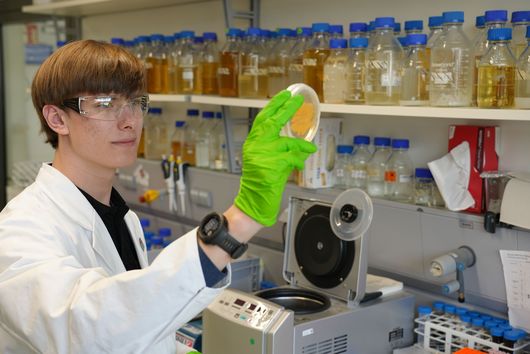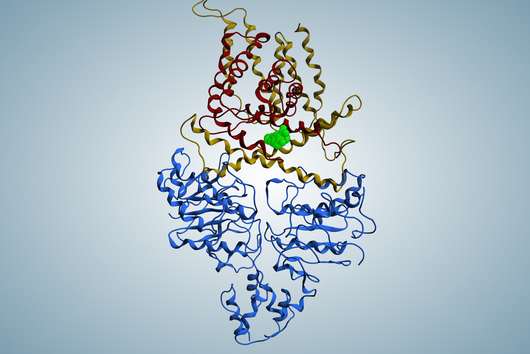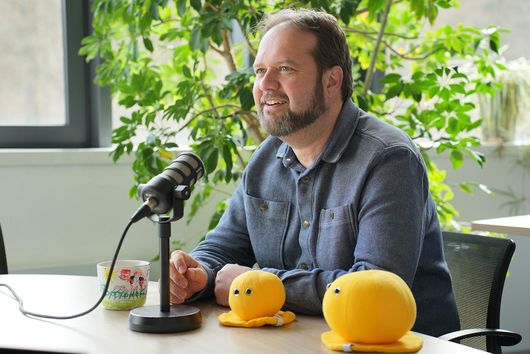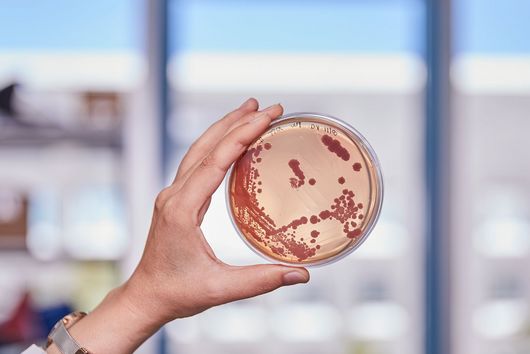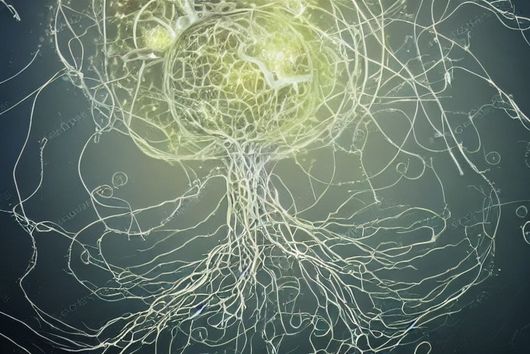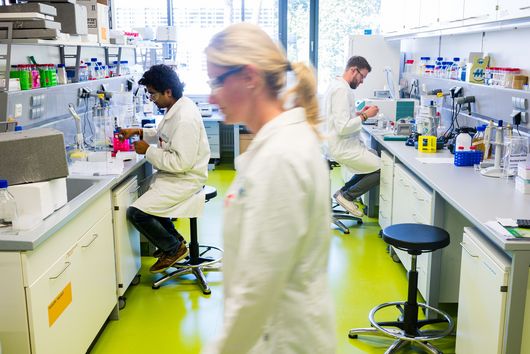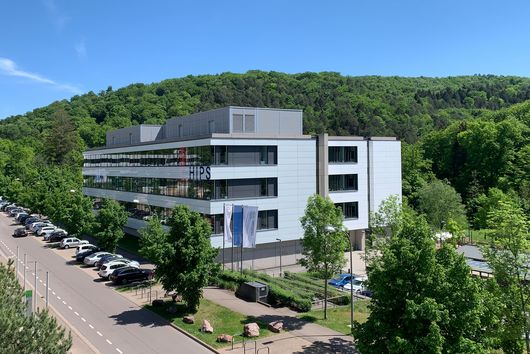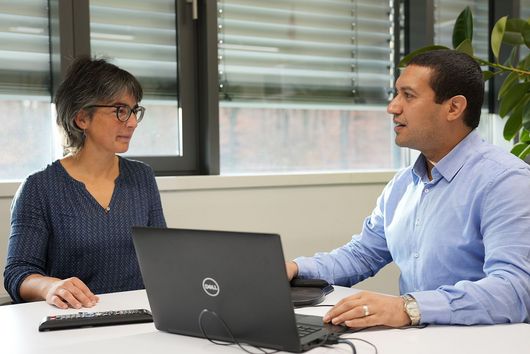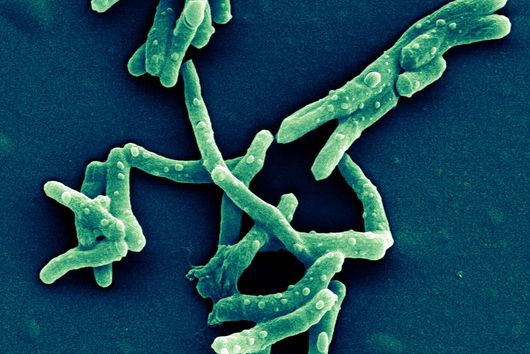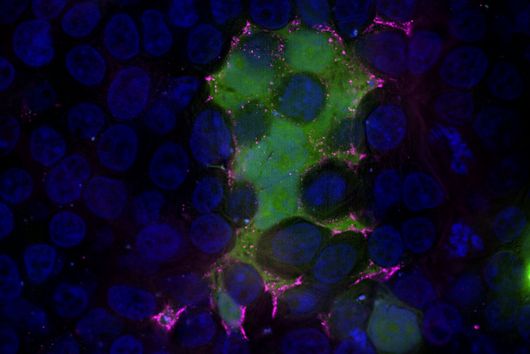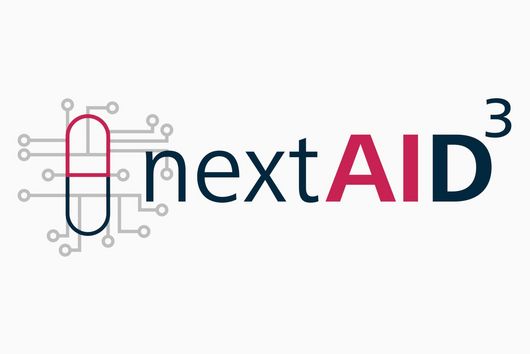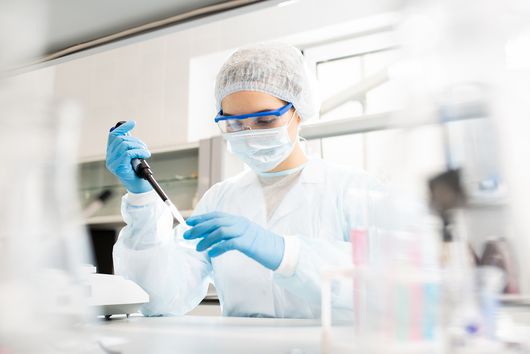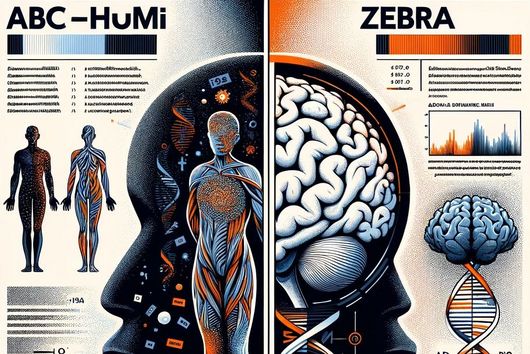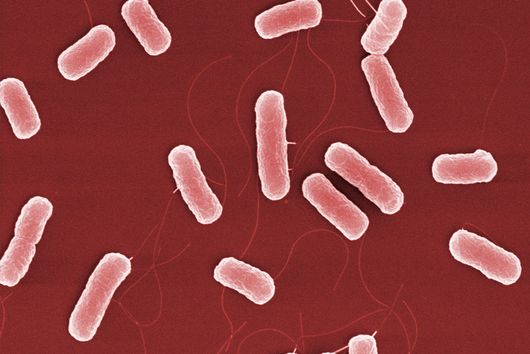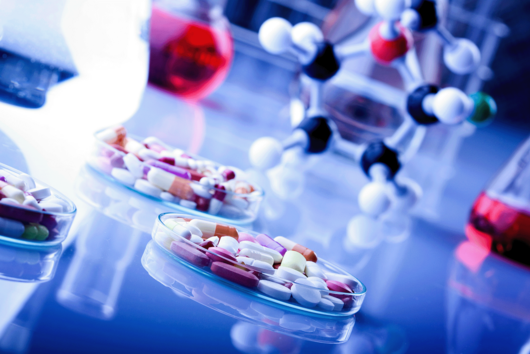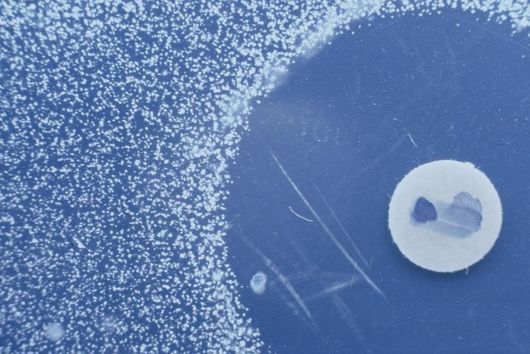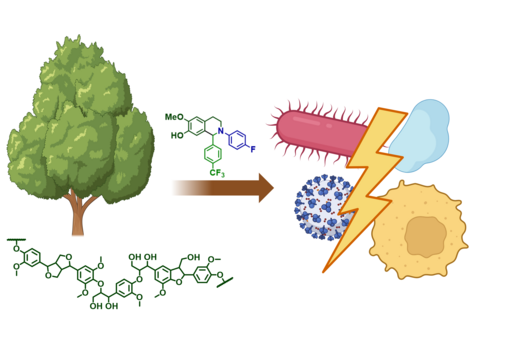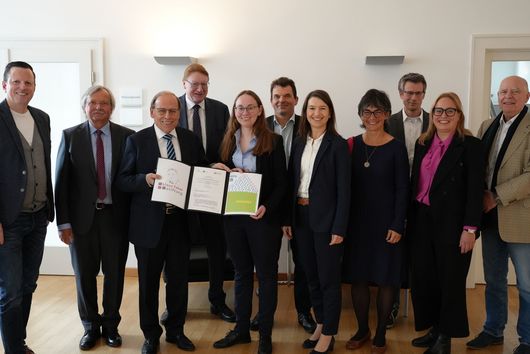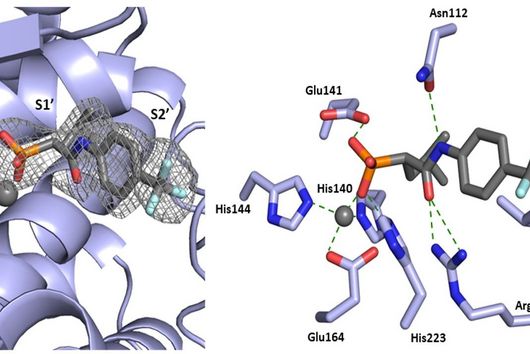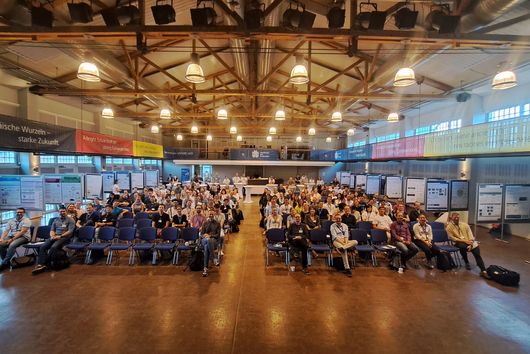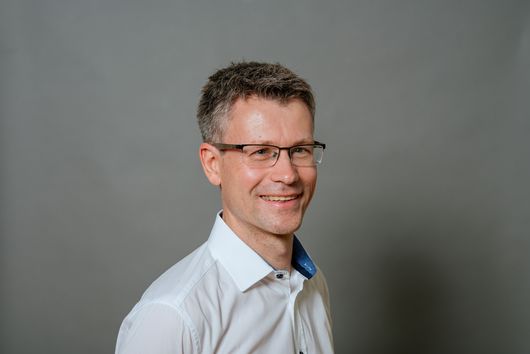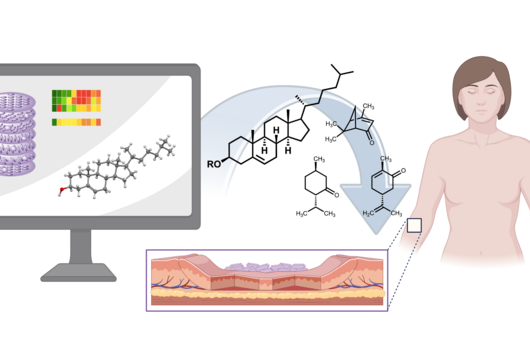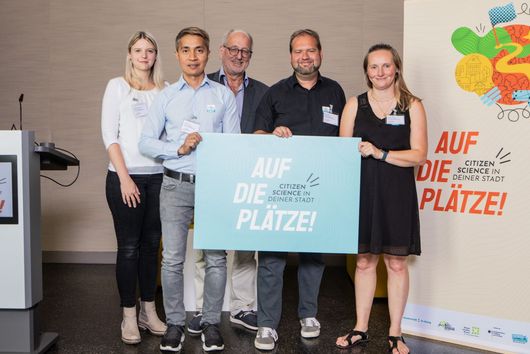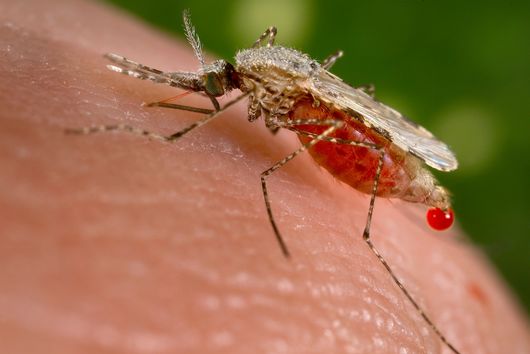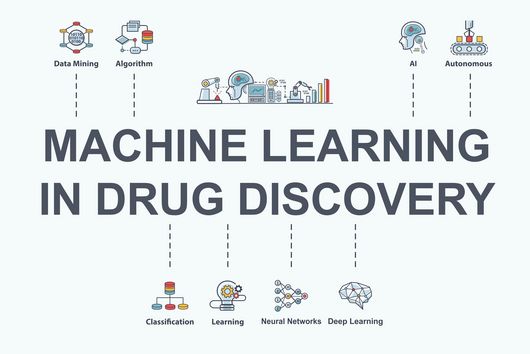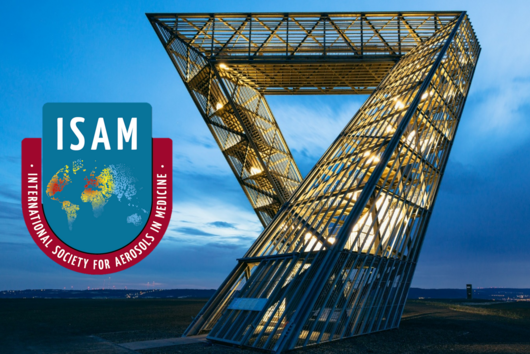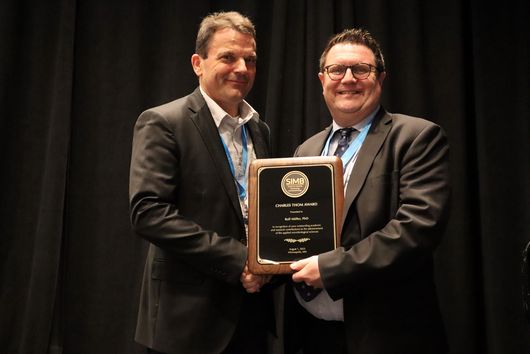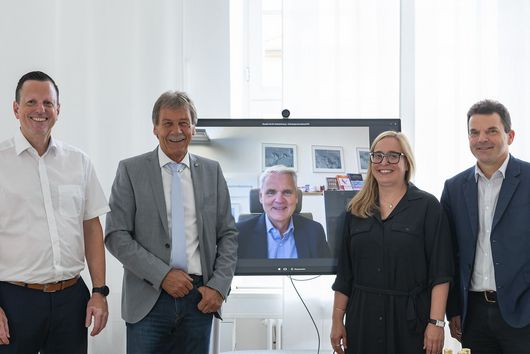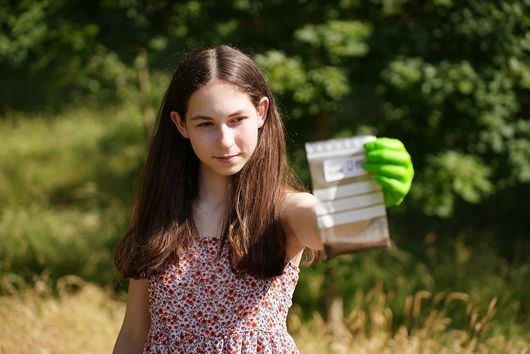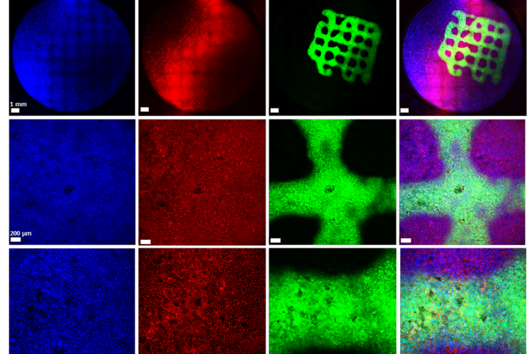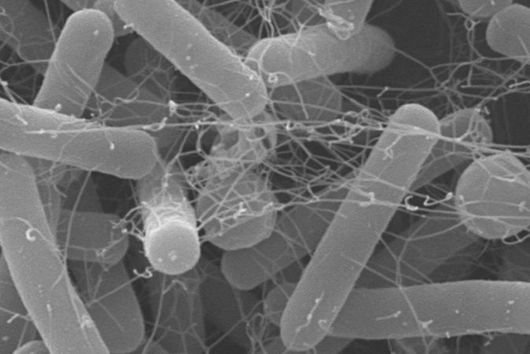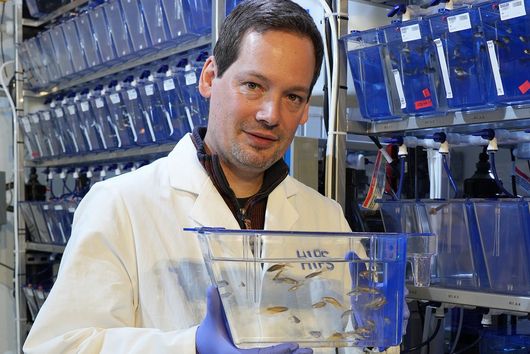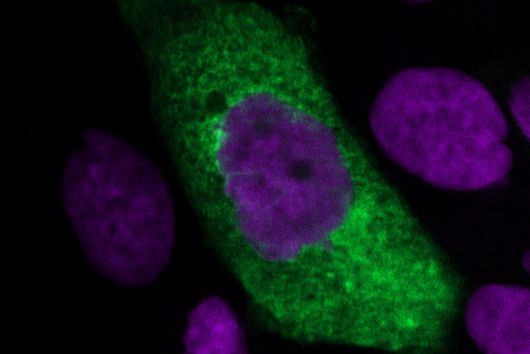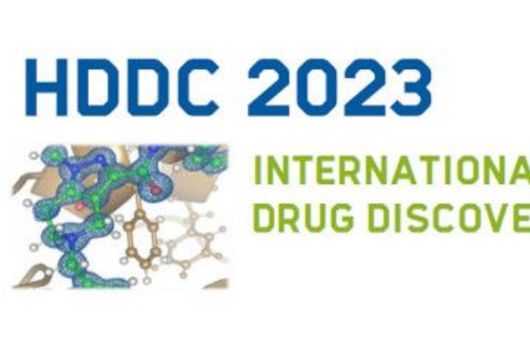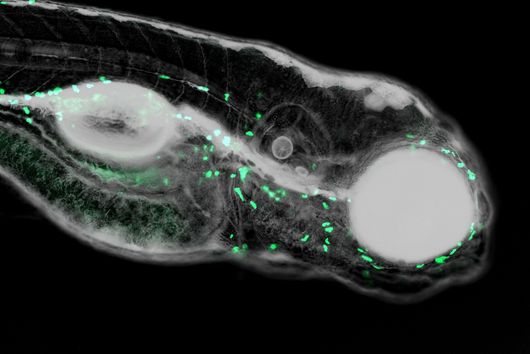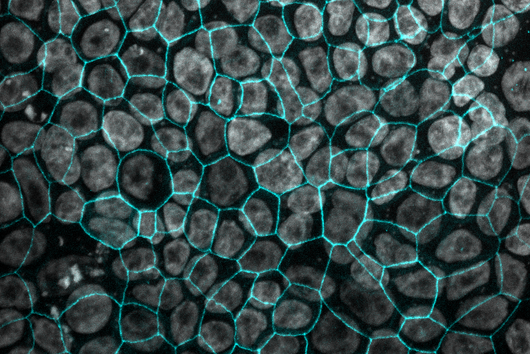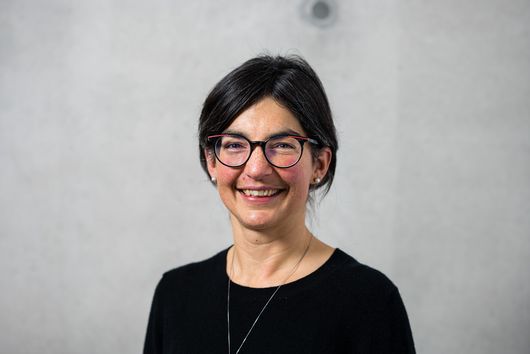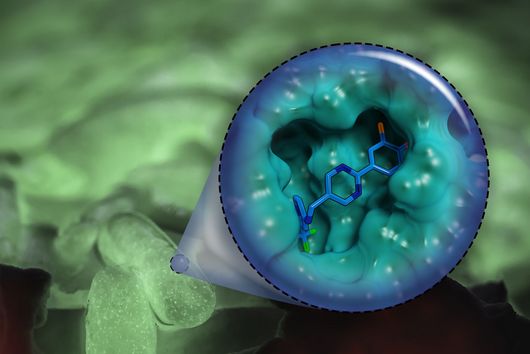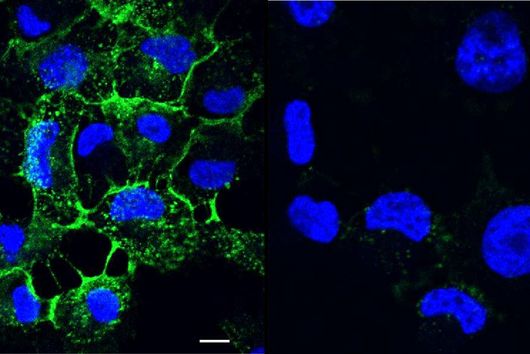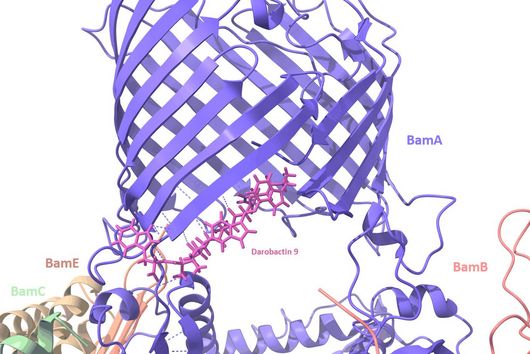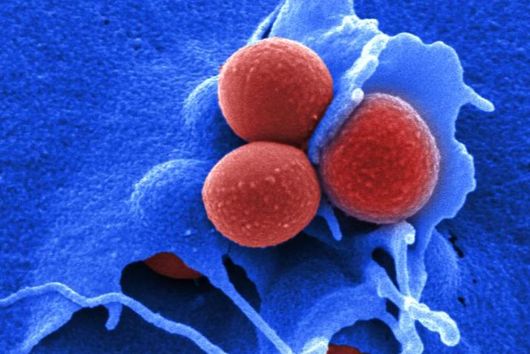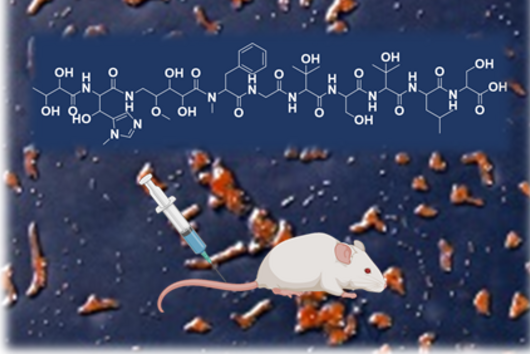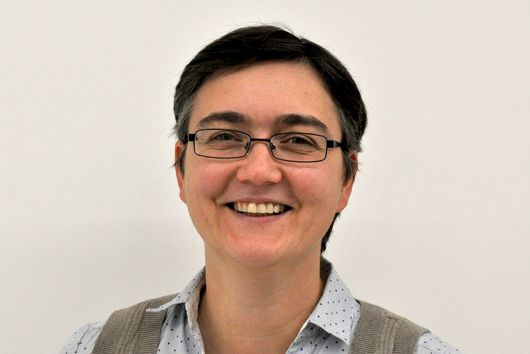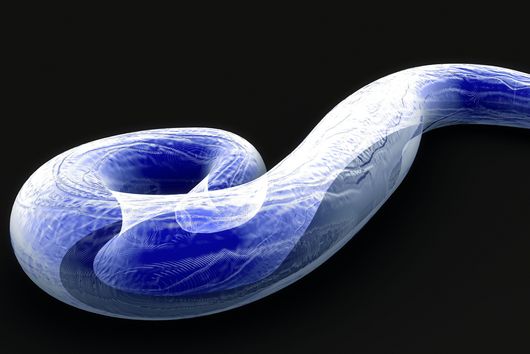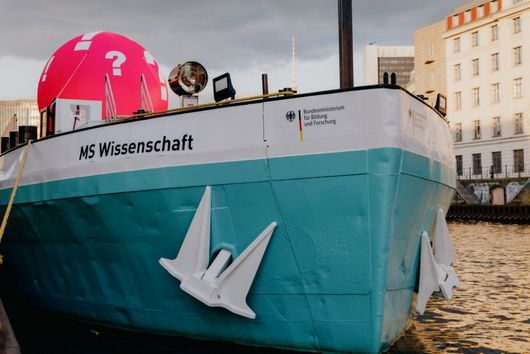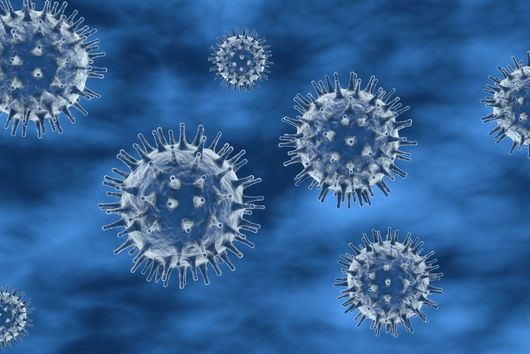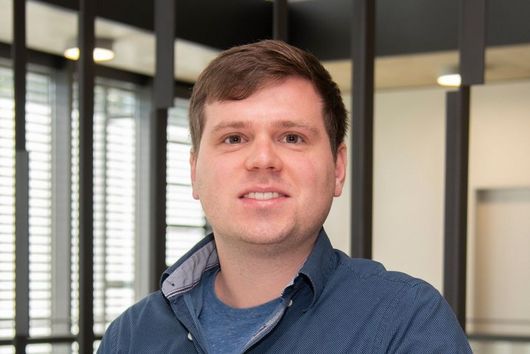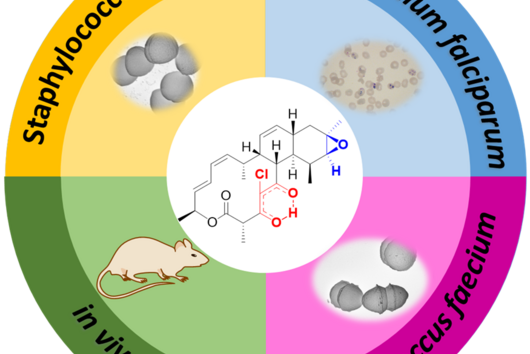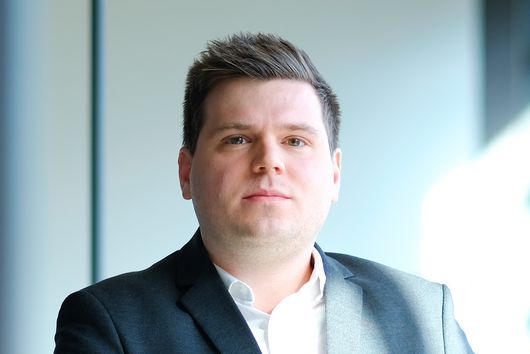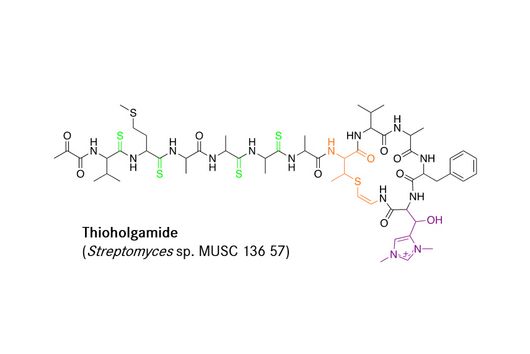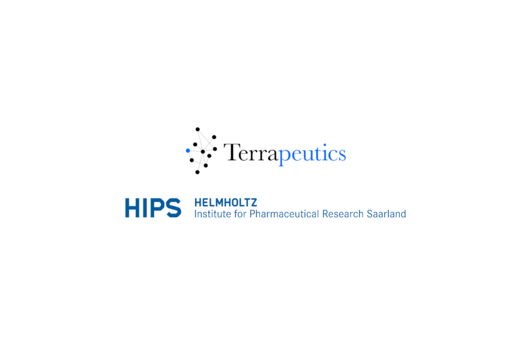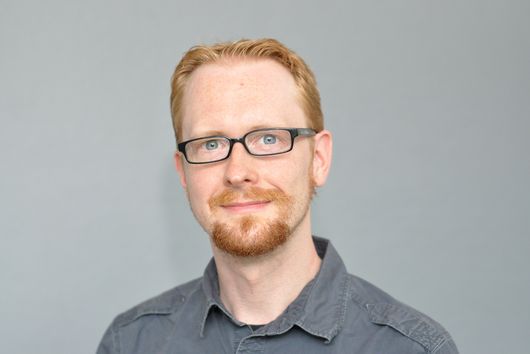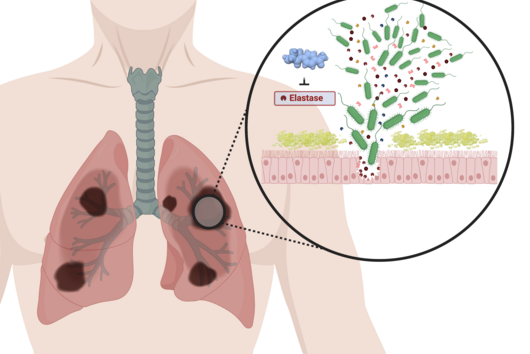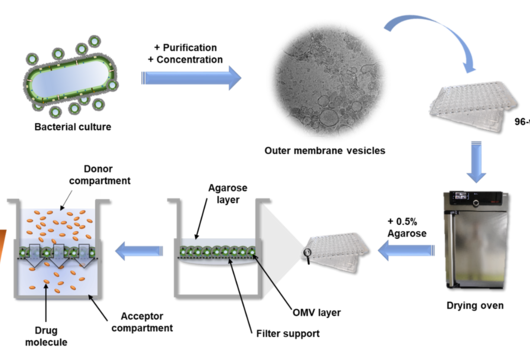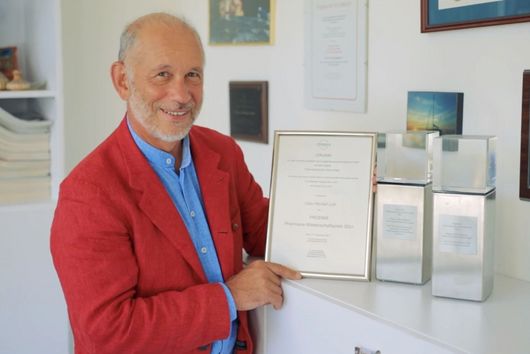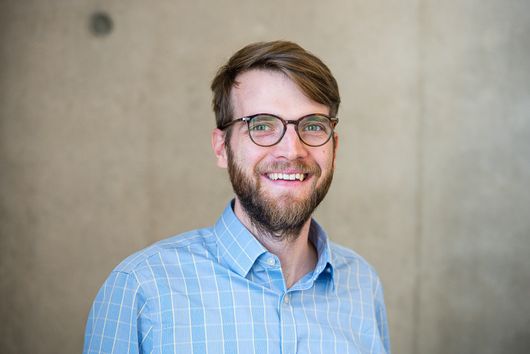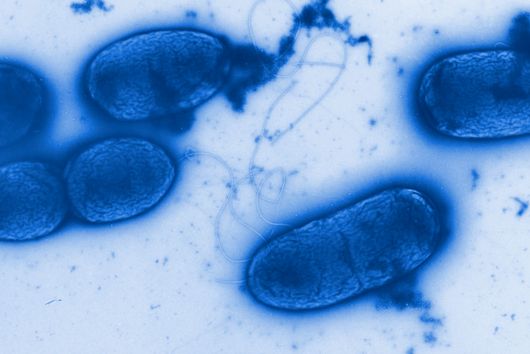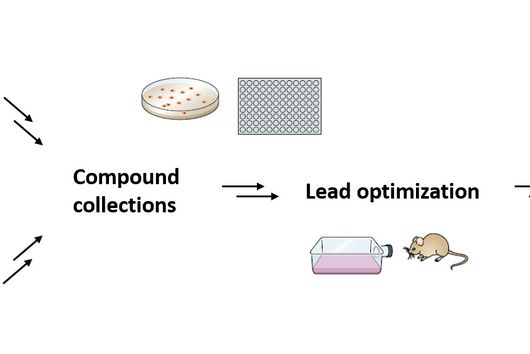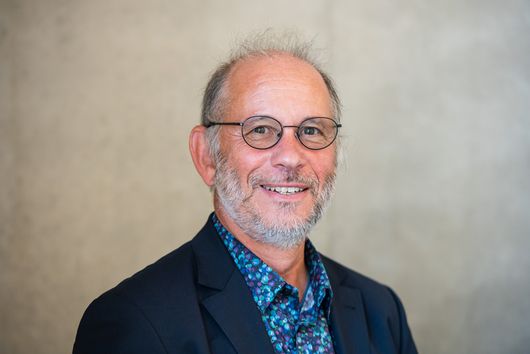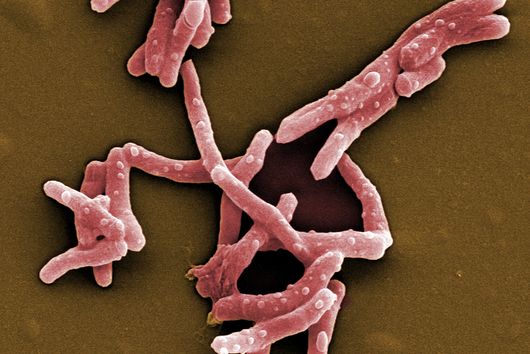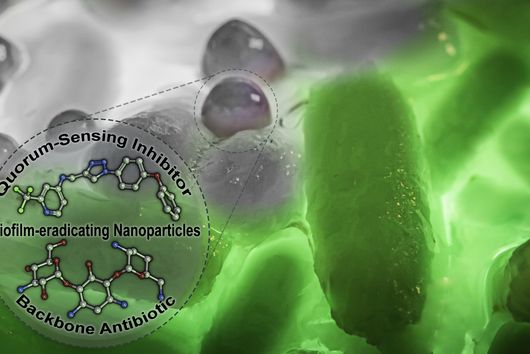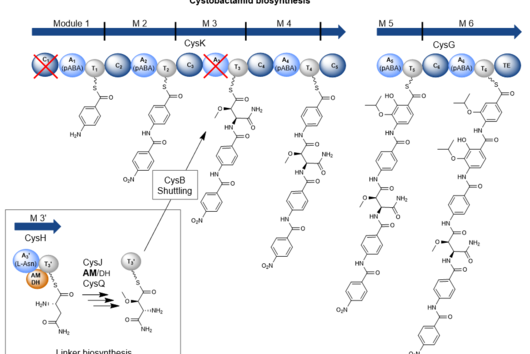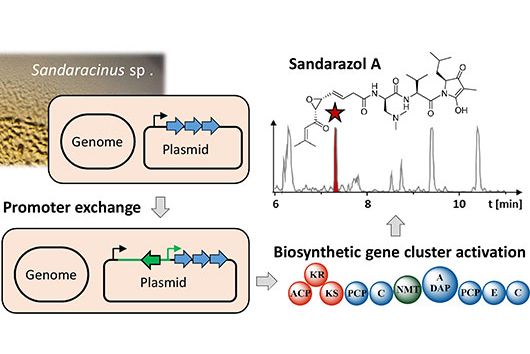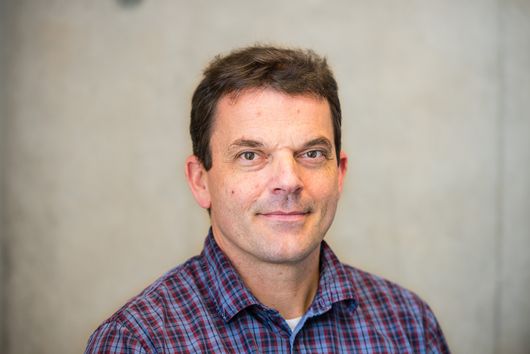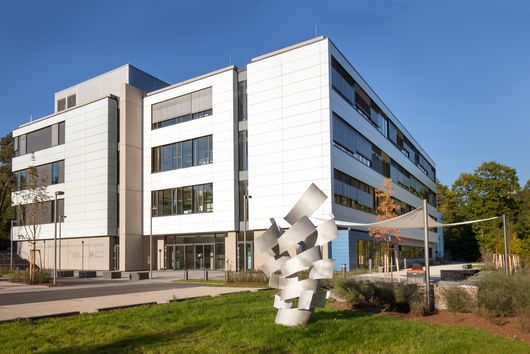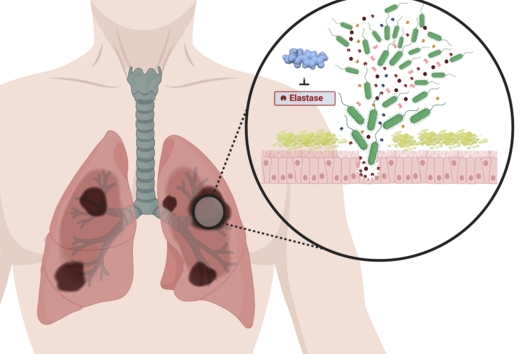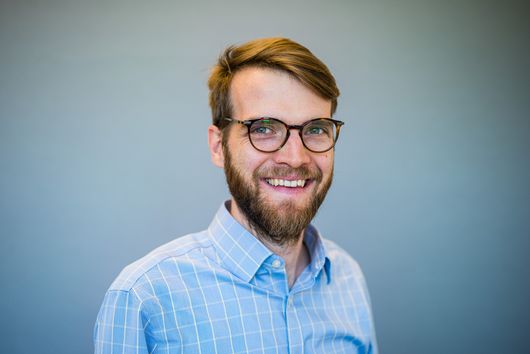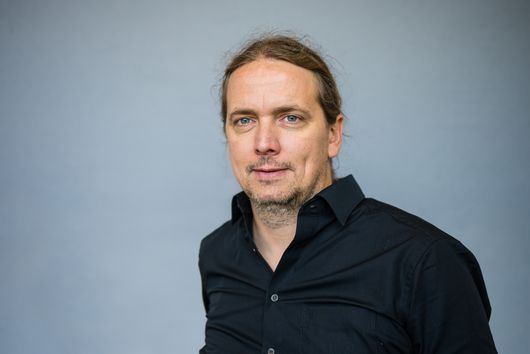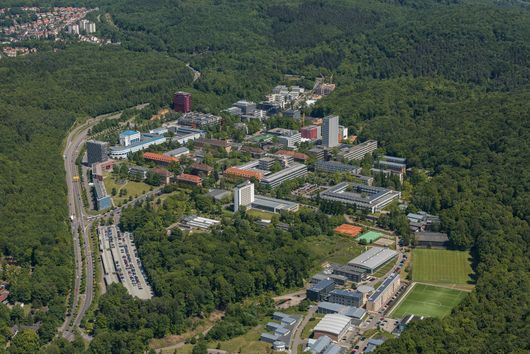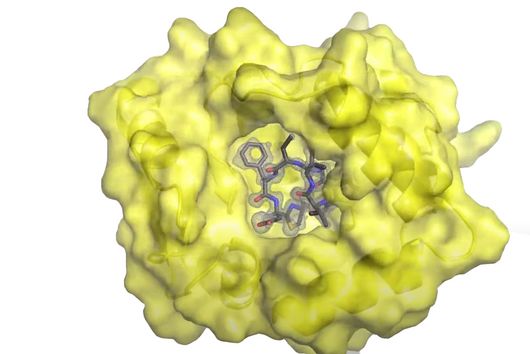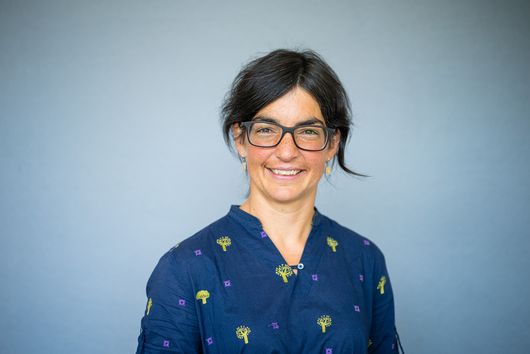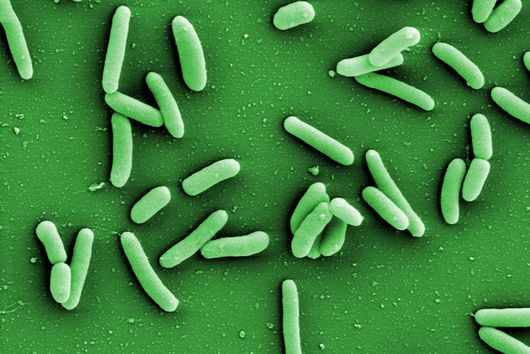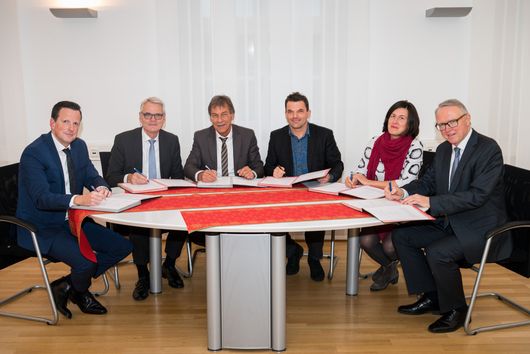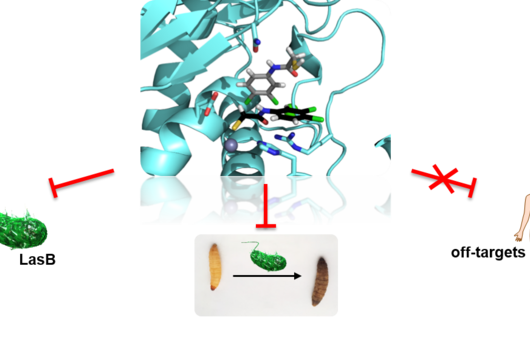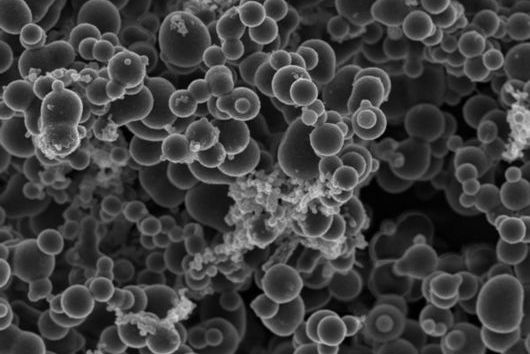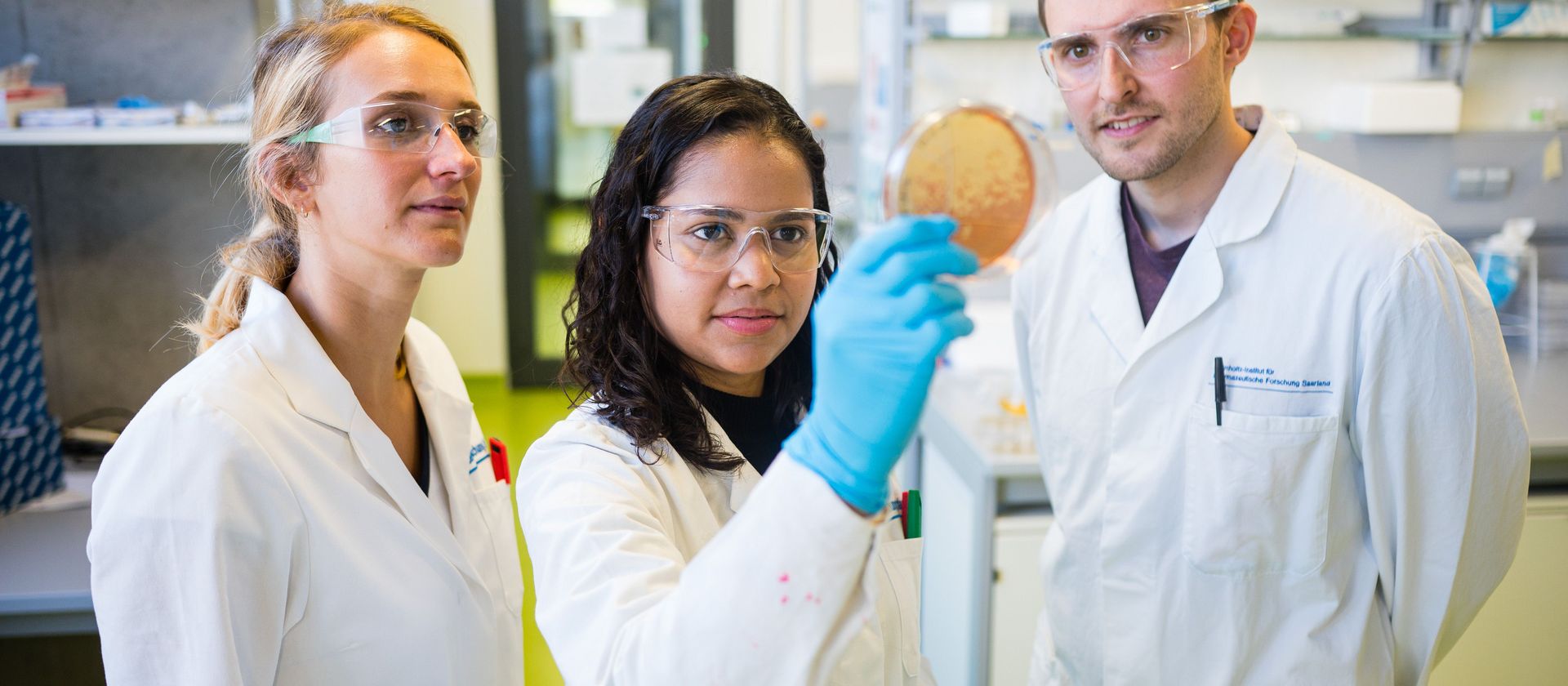
EU funds graduate school for drug research
Over the next five years, 15 international doctoral students will be trained at Saarland University and HIPS.
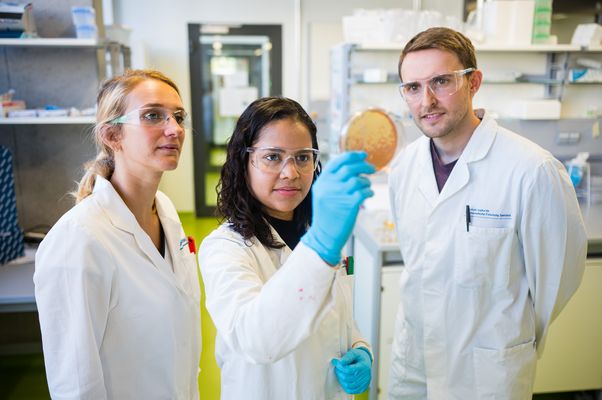
In the search for new active compounds against dangerous pathogens, researchers at HIPS focus on microbial natural products, among other things. © HIPS/Dietze
Saarland University has acquired a 3.4 million euro project in which it is working together with the Helmholtz Institute for Pharmaceutical Research Saarland (HIPS): "TALENTS" supports the establishment of a graduate school in the field of pharmaceutical research. Over the next five years, 15 international doctoral students will be trained at the interface of clinical medicine, microbiology and pharmaceutical science
The university will receive 1.5 million euros from the project, which was funded under the COFUND-2021 programme. The rest will be covered by own funds from the research alliance between Saarland University and HIPS. HIPS is a site of the Helmholtz Centre for Infection Research in collaboration with Saarland University.
From January 2023, a graduate school will be established at Saarland University for the interdisciplinary and cross-sectoral training of 15 international scientists in drug research, specifically in infection research. "The interdisciplinary and cross-institutional training and supervision makes the new graduate school a very special programme: it links pharmaceutical and and life-science research with medical research as well as bioinformatics," explains Claus-Michael Lehr, University Professor of Biopharmacy and Pharmaceutical Technology and Head of Department at HIPS. This will not only strengthen the collaboration between the university and HIPS, but also between the two university campuses in Saarbrücken and Homburg - a collaboration that is essential for the drug development, emphasises Lehr, who will head the graduate school.
The focus of TALENTS is the human microbiome, i.e. the entirety of bacteria that colonise humans. "The common research goal of the graduate school is to develop therapies that promote health-maintaining bacteria and make life difficult for undesirable bacteria," says Brigitta Loretz. The scientist from Professor Lehr's department is closely involved in coordinating the application. "Among other things, we are investigating how bacterial communities are composed in different organs and diseases, and what interactions take place at the chemical level," she explains. Useful substances in the protective flora of healthy people could thus be identified and used to treat patients whose bacterial colonisation is out of balance.
"With this project, we are attracting 15 international scientists to the Saarland. In addition, several companies from the field are involved as partners in the graduate school," says Claus-Michael Lehr. In addition to smaller and larger pharmaceutical companies from Germany and the region, also clinics, authorities and international partners from Europe are involved. To mutual advantage: internships in these companies provide the doctoral students with practical insights - and the companies with contact to the regional research environment. The biopharmacy professor is convinced that with the establishment of the doctoral programme, the university can continue to develop as a location and modern training centre for young scientists, as future doctoral students will benefit from the structures and networks that are being created. "Every doctoral student will have at least two supervisors from two institutions each, which means: the new project will create a network of about 30 supervising professors with complementary skills," Lehr explains.
The funding of the TALENTS Graduate School is the latest success in the highly successful collaboration between Saarland University and HIPS, which has been given a formal framework since November 2019 with the establishment of the Pharmaceutical Research Alliance Saarland. "The aim of the research alliance is to bring the excellent drug researchers from Saarbrücken and Homburg closer together and thus contribute to the University’s NanoBioMed-focus," says Manfred Schmitt, President of Saarland University. "All those involved from HIPS and the University have shown the highest level of commitment from day one and were equally convinced of the relevance of this innovative research alliance. The funding of the joint graduate school by the EU shows us that we have taken the right path and encourages us to continue to expand the joint activities in a consistent and targeted manner in the future."
"TALENTS" stands for "Training ALliancE for Novel Microbiome-Modulating TherapieS". A total of 3.4 million euros is available, 1.5 million of which comes from the EU programme, the rest from the research alliance's own funds between Saarland University and HIPS. The project will start on 1 January 2023 and run for five years. TALENTS was acquired through the EU funding programme MSCA (Marie Skłodowska-Curie Actions) COFUND-2021, which co-finances doctoral programmes to strengthen international exchange. In doing so, it aims to disseminate best practices regarding the recruitment and selection of doctoral candidates. In addition, the funding programme calls for excellent training and supervision as well as strengthening career prospects by teaching soft skills.
Professor Claus-Michael Lehr, together with Professor Markus Meyer, heads the already established graduate school "TANDEM", a collaboration between HIPS and Saar University to promote transdisciplinary doctoral training between different faculties and institutions. The new international doctoral school is thus an extension of already existing structures - besides "TANDEM", there is also the university's graduate programme "GradUS".


